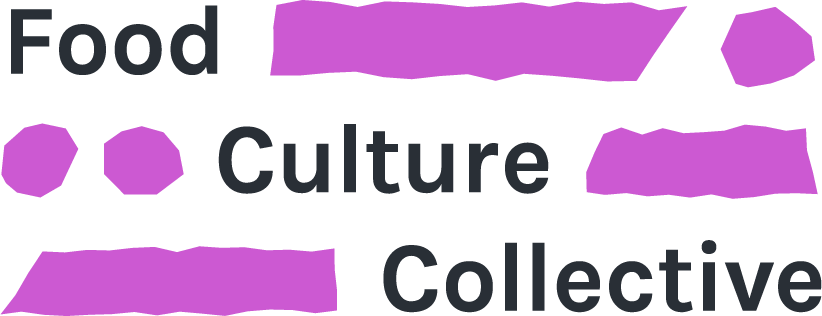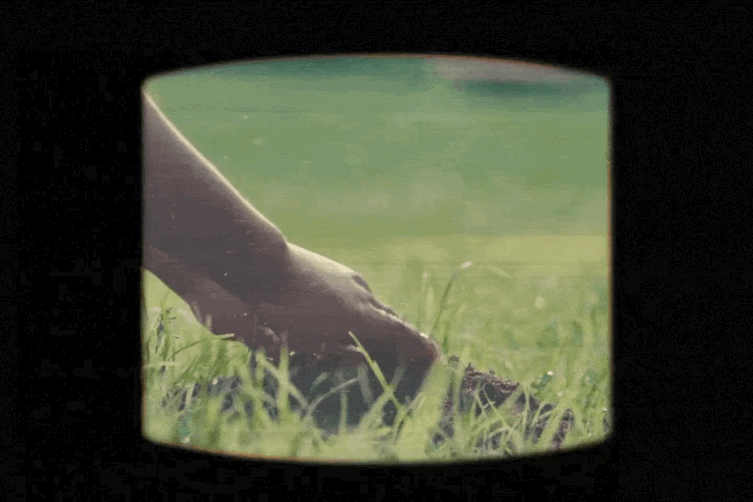Afro-Feminist Lifeways are a Path to Black Freedom
BY UGO IKORO
This piece is an introduction to the forthcoming digital exhibit, Into the Black Femme EcoVerse, a project created and curated by Digital Culture Fellow, Ugoada Ikoro, launching next week.
In her archival series, Black Food, Love + Liberation, Ugo captured stories of joy, beauty, community care, and thriving (beyond surviving) hidden beneath mainstream narratives shaping Black foodways in the SF East Bay during the mid-20th century. In this new exhibit, Ugo explores how fellow Black womxn in communities across the US today are reimagining their foodways through healing modalities rooted in their heritage and liberation work with the land in the places they call home.
A Love Letter to Black Femmes
We are Black femmes who honor the cycles of birth and death. We embrace the rhythm of our inner nature, embodying the timeless dance that connects us to all of life. Across generations, we’ve answered the call to nurture the roots of Sankofa—of our freedom, pleasure, and abundance. It continues through us, like threaded silkwebs. Each and everyday, we honor the lifeways that garner the tapestry of our homeward journeys to love, liberation, and Black feminist freedom.
How we as Black femmes care for ourselves and each other reflects our deep connections to the land that nourishes us. We dream of our ancestral callings to be one with the land, and unite the discordant ties that have kept us in states of bondage, oppression, and subjugation.
We ask ourselves: What do we dream for our future descendants of the land today? We answer this inner call by —unearthing our purpose and identity as land stewards, mommas, and generous soi(u)ls of the Earth.
We practice freedom through Earth wisdom and collective remembrance of our power to heal.
As our kindred spirit, Mia Birdsong, calls us to do: we practice getting free by any means necessary. For many of us, Earth care is the means through which we grow and embody the wisdom of the planet. As land stewards, to ensure our survival and thriving, we are called to collectively remember and heal our connection with this sacred place we call home.
We honor the whispers of Earth’s memory and her wisdom, by listening. Listening to our elders. Listening to our children. Listening to learn, cultivate, appreciate, and grow in understanding of who we are and where we are going.
We ask ourselves: what wisdom might the birds, trees, dense thick moss that covers the forests and rivers share for our mutual survival and belonging? What dreams, hopes, wishes do they desire for this planet? We are taught in this work that we each have a story to tell of our longings, aches, and growing pains for a brighter future. We see stories as a way to give rise to a greener, more abundant tomorrow.
In my new digital multimedia exhibit—Into the Black Femme EcoVerse—I dig into the ways fellow Black womxn today are reimagining their foodways through healing modalities rooted in their heritage and liberation work with the land. This project features stories and conversations with four Black womxn across the US. They are my sisters, land stewards, environmentalists, farmers, culture-keepers, activists, seed-savers, and creatives. I am extremely thankful to share their journeys and relationships with the people and places that nourish them.
Into the Black Femme Ecoverse celebrates our sacred right to a fulfilling existence, rooted in the time-honored practices that have blossomed from our ever-evolving connection to Mother Earth. It is a love letter to the seeds Black femmes are sowing everyday as nourishment for a better future.
Through our narratives, may our collective wisdom be harvested, collected, and sowed again. May our stories imprint new memories of the land that feed liberation and our people with each cycle.
Into the Black Femme EcoVerse launches next week. This digital multimedia exhibit was created and curated by Food Culture Collective Digital Culture Fellow, Ugo Ikoro.
Sign up for the Food Culture Collective newsletter to be the first to experience the exhibit.


